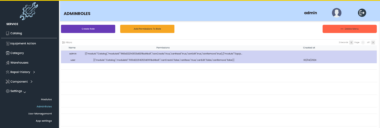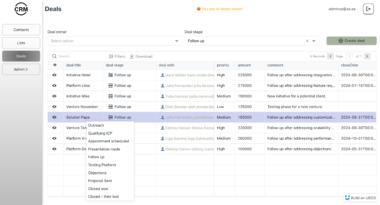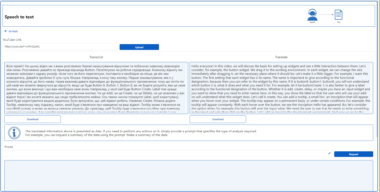Frequently Asked Questions about SQLite MCP Server
Q: What is the SQLite MCP Server? A: The SQLite MCP Server is a tool that allows you to create an SQLite database from compressed log files and interact with it using the Model Context Protocol (MCP). This allows AI models to access and understand your log data in context.
Q: What is MCP (Model Context Protocol)? A: MCP is an open protocol that standardizes how applications provide context to LLMs, allowing AI models to access and interact with external data sources and tools.
Q: What are the benefits of using SQLite for log analysis? A: SQLite offers several benefits, including its lightweight nature, ease of use, powerful querying capabilities with SQL, and the ability to store and analyze large volumes of log data efficiently.
Q: How do I install the SQLite MCP Server? A: You can install the server by following the instructions provided in the project, which involve creating a virtual environment, installing dependencies using pip, and then running the database creation script.
Q: What types of log files are supported?
A: The server supports compressed log files (.gz). Place your log files in the designated folder, and the create_log_db.py script will handle the extraction and parsing.
Q: How do I query the database?
A: You can use the provided query_logs.py script or any SQLite client to query the database using SQL. The database has tables for logs, stack traces, and parsing errors.
Q: What information is stored in the logs table?
A: The logs table contains information such as the log entry’s ID, timestamp, thread, level, module, message content, source file, and raw log entry.
Q: What is the purpose of the stack_traces table?
A: The stack_traces table stores stack traces associated with log entries, which is useful for debugging and identifying the root cause of errors.
Q: What is the purpose of the parsing_errors table?
A: The parsing_errors table captures any errors encountered during the parsing process, ensuring data integrity.
Q: How does the SQLite MCP Server integrate with AI models? A: The server integrates with AI models through the Model Context Protocol (MCP), allowing the models to access and interpret the log data within a broader contextual framework.
Q: How do I configure the MCP SQLite server in Cursor? A: You can configure the MCP SQLite server in Cursor by going to Cursor Settings, MCP, Add New MCP Server, setting the type to command, and providing the command with the correct database path.
Q: Can I use the SQLite MCP Server with the UBOS platform? A: Yes, integrating the SQLite MCP Server with the UBOS platform unlocks even greater potential, allowing you to orchestrate AI Agents, connect with enterprise data, build custom AI Agents, and create Multi-Agent Systems for advanced log analysis.
Q: What are some use cases for the SQLite MCP Server? A: Use cases include root cause analysis, performance monitoring, security auditing, automated alerting, and AI-powered log analysis.
Q: Is the SQLite MCP Server suitable for large-scale log analysis? A: Yes, SQLite can handle large volumes of log data efficiently, and the server’s structured database approach makes it suitable for analyzing logs at scale.
Q: Where can I find more information about the UBOS platform? A: You can find more information about the UBOS platform on the UBOS website: https://ubos.tech.
SQLite
Project Details
- direkt/mcp-test
- Last Updated: 3/7/2025
Recomended MCP Servers

An MCP server that hosts finite state machines as dynamic resources that multiple clients can subscribe to and...
A Model Context Protocol server that provides task orchestration capabilities for AI assistants
A Model Context Protocol (MCP) server for interacting with Ghost CMS through LLM interfaces like Claude. Allow you...
Model Context Protocol server to chat with NIH RePORTER API

claude
This is MCP server for Claude that gives it terminal control, file system search and diff file editing...
Shell and coding agent on claude desktop app
Repositório com um MCP-Server que calcula a receita ideal e faz uma pequena análise da saúde financeira da...

MCP server providing sementic search over Obsidian vaults

A MCP server that supports mainstream eBook formats including EPUB, PDF and more. Simplify your eBook user experience...
 From vibe coding to vibe deployment. UBOS MCP turns ideas into infra with one message.
From vibe coding to vibe deployment. UBOS MCP turns ideas into infra with one message.





